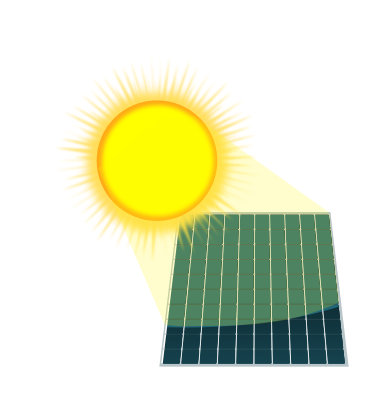
It’s like with earthquakes. At first, when nobody knows jack s**t, they tell you 10 people died.
When the statistics come home, often enough, an initial 10 turns into 10 000.
With a heat wave spanning half a continent and breaking records, the typical mortality to expect (basing on experience) is at least 1000 people (some of them old and about to go anyway, but pushed over the edge by heat).





















If implemented like moped battery swapping on Taiwan, things might work. If everyone designs their own unique solution, nope. :)